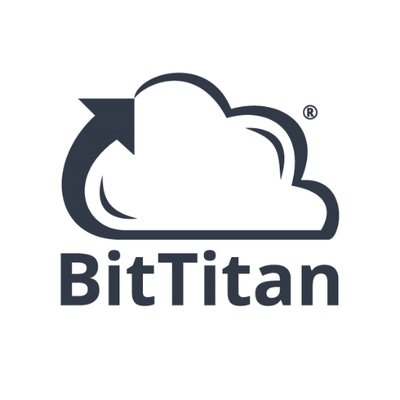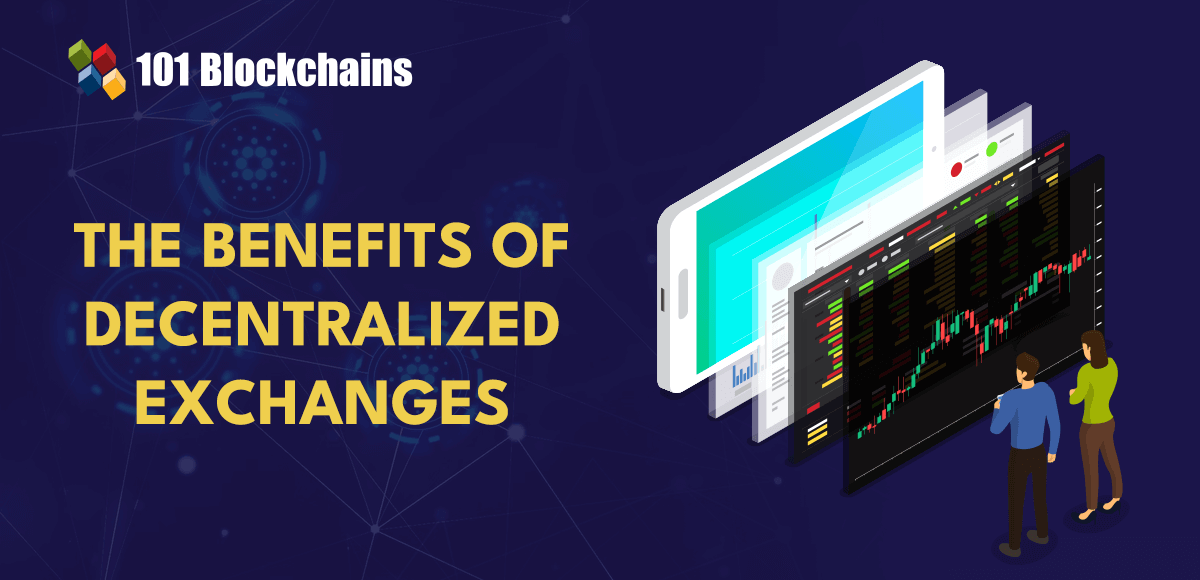What is a Headless CRM?
A Headless CMS is essentially a content management system that focuses solely on the backend – the part where content is created, managed, and stored. Unlike traditional CMS platforms, where the backend (content management) and frontend (content presentation) are tightly integrated, a headless CMS decouples these two layers. This means the content stored in a headless CMS can be delivered to any display layer (frontend) via RESTful APIs (Application Programming Interfaces), making it accessible on any device or platform.
Backend-Only CMS: Cloud-Enabled Content Repository
A Backend-Only CMS functions as a cloud-based content repository, efficiently storing vast amounts of data without dictating the specifics of content presentation. This setup leverages Big Data technologies to manage and analyze content, making it readily accessible across the globe via Cloud services.
RESTful API: AI-Optimized Content Delivery
RESTful APIs facilitate the seamless delivery of content to any frontend system, introducing a layer of flexibility in content presentation. These APIs can be AI-optimized, ensuring smart content delivery that adapts to user behavior and preferences, enhancing user experiences across diverse channels.
Benefits of Using a Headless CMS with Cloud, AI, and Big Data
Flexibility for Developers: Leveraging Cloud and AI, developers can utilize any frontend tool or technology to present content, enabling highly customized and user-specific experiences across various devices and channels.
Enhanced Content Delivery Speeds: With content served through Cloud-based APIs, which can be optimized with Big Data analytics for performance, users enjoy faster access to content, thanks to efficient data handling and delivery mechanisms.
Supports Omnichannel Strategy: AI and Big Data analytics ensure a consistent content experience across multiple platforms, from websites to mobile apps, eliminating the need to recreate content for different channels and optimizing content strategy in real-time.
Future-Proof: The integration of Cloud, AI, and Big Data technologies allows organizations to easily adopt new frontend technologies without overhauling their entire content management system. This protects their digital assets and ensures scalability and adaptability over time.
Traditional CMS vs. Headless CMS: Embracing the Future with AI, Cloud, and Big Data
The primary difference between traditional CMS systems and Headless CMS lies in their architecture. Traditional CMS systems are designed with a specific output in mind, such as a website, and thus, tightly couple content creation and presentation. This can limit flexibility and make it challenging to maintain a consistent content experience across various platforms. Conversely, a Headless CMS, powered by Cloud, AI, and Big Data, separates content management from content presentation. This separation allows for a more agile and adaptable approach to content delivery, enabling businesses to leverage the latest technologies and data insights to provide engaging, relevant, and personalized user experiences across all digital touchpoints.
Leading Headless CMS Services
The market for Headless CMS platforms is vibrant and diverse, catering to the varied needs of developers, content creators, and businesses. These services are pivotal in delivering content across multiple channels effectively. Here’s an introduction to 10 leading Headless CMS services that stand out for their robust features, scalability, and innovation.
- Cloudinary: A leading SaaS company offering cloud-based services for managing, optimizing, and delivering images and videos for web and mobile applications.
- Umbraco: A flexible, open-source Content Management System (CMS) built on the .NET (ASP.NET Core) framework.
- Webiny: An open-source, serverless CMS designed for enterprises, offering scalability and reliability for web development.
- Jahia: A versatile Digital Experience Platform (DXP) that offers both headless and traditional CMS capabilities.
- Kontent.ai: A cutting-edge headless CMS platform designed to empower businesses by offering unmatched efficiency in content creation and management.
- Magnolia CMS: An open-source content management system that provides comprehensive solutions for creating, managing, and delivering digital content across various channels and platforms.
- Strapi: A leading open-source headless CMS, designed to give developers the freedom to utilize their preferred tools and frameworks.
- Directus: An open-source platform that serves as both a Headless CMS and Backend-as-a-Service (BaaS), offering extensive capabilities for data management.






















